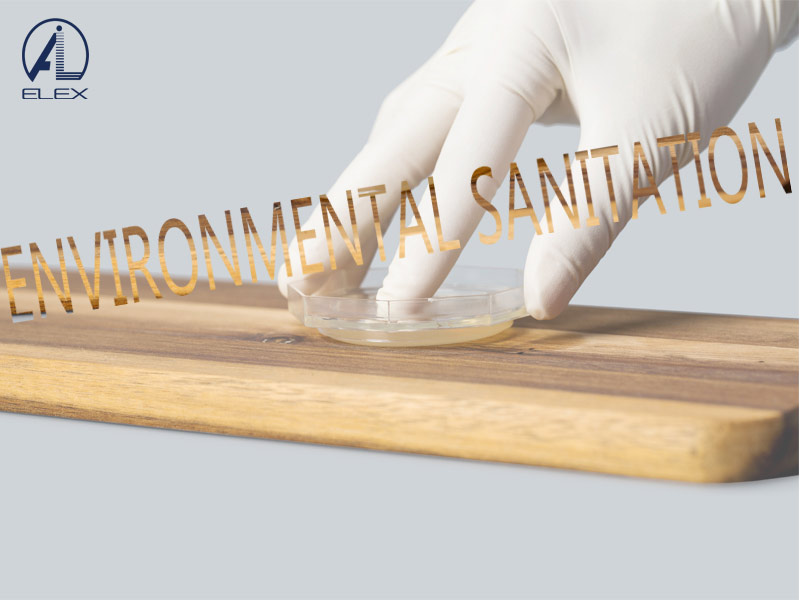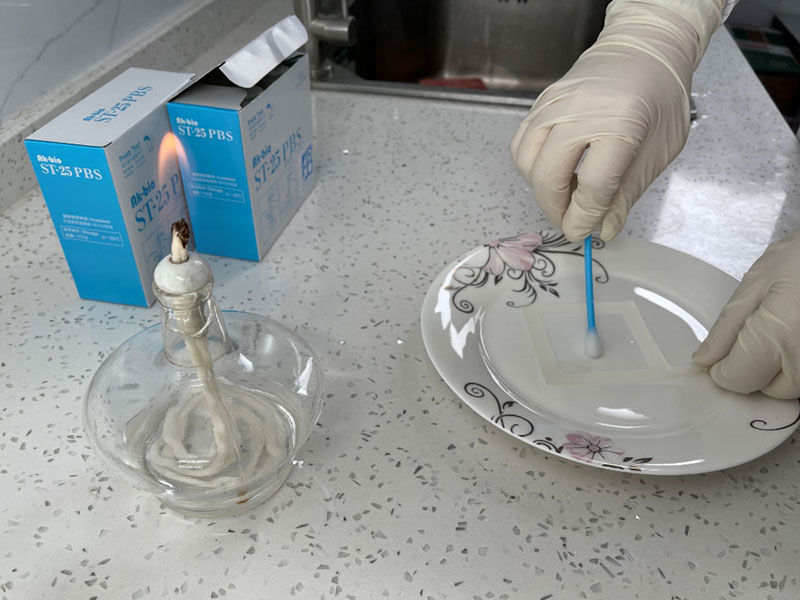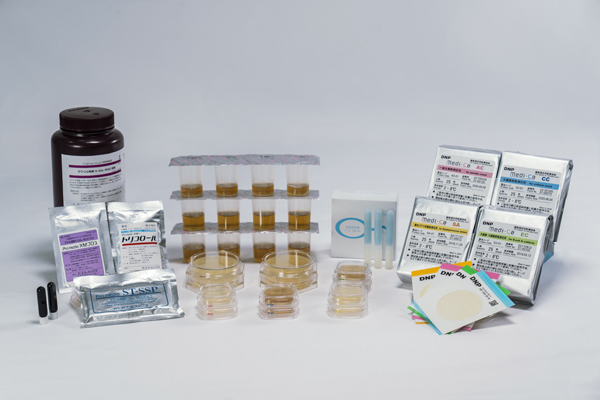Culture dishes are laboratory vessels used for microbial or cell culture, consisting of a flat, circular bottom and a cover. Culture dishes are mainly made of two materials, plastic and glass. Glass dishes are usually used for plant materials, microbial culture, and animal cell adherent culture. Plastic dishes are made of polyethylene material and are suitable for laboratory inoculation, streaking, and separating bacteria. They can also be used for plant material culture.
According to the purpose of culture dishes, they can be divided into cell culture dish and bacterial culture dish.
According to the manufacturing materials, they can be divided into plastic culture plate and glass culture plate. However, imported culture dish and disposable culture dish are made of plastic materials.
According to their size, they are usually divided into culture dishes with diameters of 35mm, 60mm, 90mm, and 150mm.
According to the different partitions, they can be divided into 2-partition culture dishes, 3-partition culture dishes, etc.
Culture dishes are mainly made of two materials, plastic and glass, which are used to hold types of culture media in microbiology. Glass dishes are usually used for plant materials, microbial culture, and animal cell adherent culture. Plastic dishes are made of polyethylene material and are available in disposable or reusable form. They are suitable for laboratory inoculation, streaking, and separating bacteria and can also be used for plant material culture.
Clean and disinfect the culture plate before use. The cleanliness of the culture dish has a great impact on the work, which can affect the acidity and alkalinity of the culture medium. If there are certain chemical substances present, they can inhibit bacterial growth.
Newly purchased culture plate should be rinsed with hot water and soaked for several hours in a hydrochloric acid solution with a mass fraction of 1% or 2% to remove free alkaline substances, and then rinsed twice with distilled water.
If culturing bacteria, use high-pressure steam to sterilize the dishes at 120℃ for 30 minutes, then dry at room temperature, or use dry heat sterilization, which involves placing the culture plate in an oven and maintaining a temperature of about 120℃ for 2 hours to kill bacterial spores.
Only culture dish that has been disinfected can be used for culture.
Elex Biological Products (Shanghai) Co., Ltd. was established in 2013 and is a company specializing in the sale of food hygiene and drug production environment testing products. Microbial testing equipment, including equipment for microbiology test in food industry is also sold. The products have passed strict quality management inspections in the Japanese food industry and are highly favored by industry professionals. Please feel free to contact us!
 A Tentative Study on the relevance of HACCP certification and infection control in hospital
A Tentative Study on the relevance of HACCP certification and infection control in hospital
 Environmental Sanitation Microbiology Testing
Environmental Sanitation Microbiology Testing
 Microbiology Test in Food Industry
Microbiology Test in Food Industry
 The Applicability of High-quality Ready-to-use Swab Sampler for Tableware Sampling and Public Places Supplies and Utensils Microorganisms
The Applicability of High-quality Ready-to-use Swab Sampler for Tableware Sampling and Public Places Supplies and Utensils Microorganisms
 Spike Experiment of DNP Culture Media Plate Based on Ice Cream
Spike Experiment of DNP Culture Media Plate Based on Ice Cream


